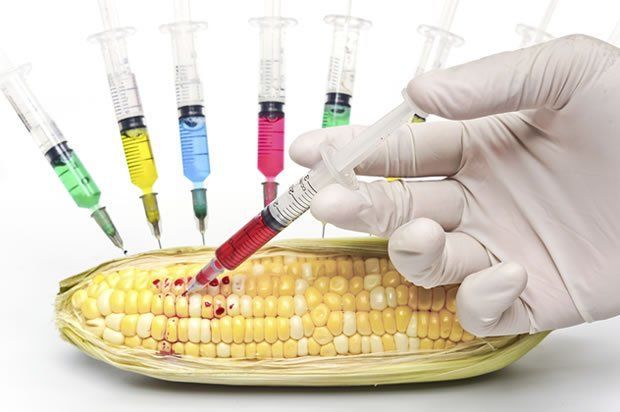Life imprisonment maybe imposed on food adulterators
January 18, 2017
The Law Commission of India has proposed increasing punishment for people responsible for food adulteration from six months to life imprisonment.
OUR TAKE
The amendments proposed by the Law Commission in terms of increasing the punishment with regard to food adulteration was much required in order to deter future offenders, as the number of food adulteration cases have been constantly increasing. Present laws have now become out-dated and hence new adulteration laws have become the need of the hour.
Latest Legal News
.jpg)
3 Bills to Renew India's Criminal Justice System presented in Lok Sabha; All you Need to Know

âSorry state of affairs' in PoSH Act implementation; SC orders Govts. to ensure ICCs are constituted


 635+ Lawyers are online
635+ Lawyers are online 


.jpg)


